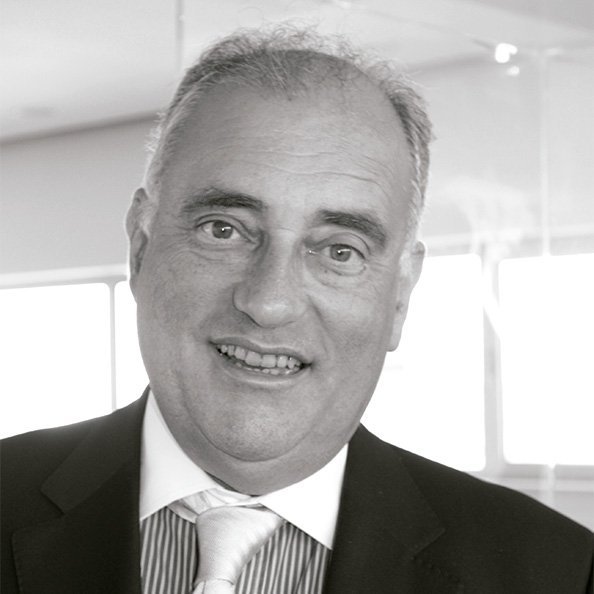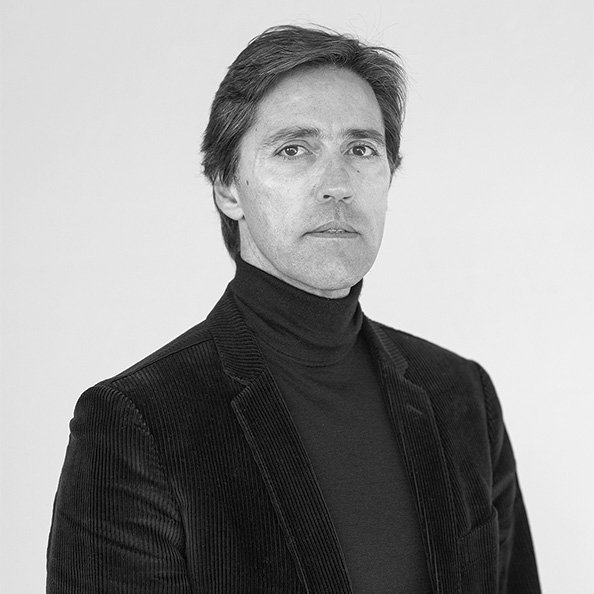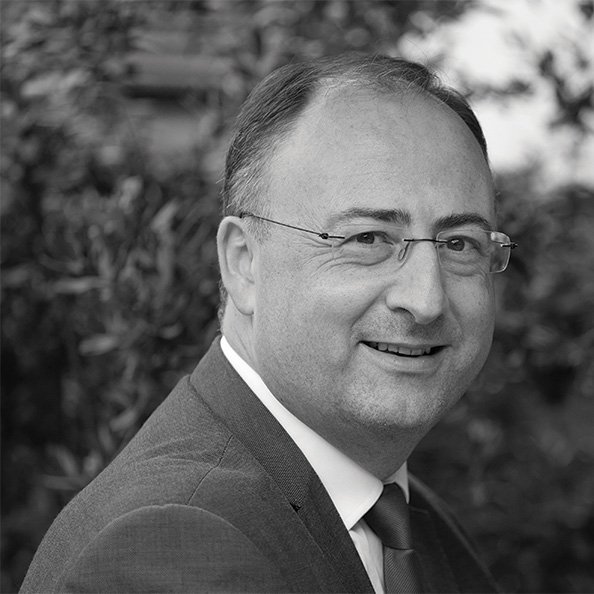
Concerning Fiscal Policy
António Rebelo de Sousa

The construction market in Portugal and the world
Pedro Couto
A reconciled, strong and global Brazil
José Manuel Fernandes
Portuguese MEP, professor and politician

This month, Brazil has once again demonstrated that it has strong institutions, a reliable electoral system and a solid democracy. The peaceful transition of power is already under way, and it is now time to prepare the future. The European Union, and Portugal in particular, should play an active role in this new chapter in their relations with Brazil. Brazil must seek internal reconciliation. This will not be easy, as the political division in which the country finds itself has given rise to many wounds that will take time to heal. The role of the president is fundamental in this exercise. First of all, Lula da Silva must become aware that many of the votes he received were «negative votes», that is, motivated by the rejection of Bolsonaro. This awareness is fundamental in order to embark on the path of reconciliation and the desire to be a president of all Brazilians, fighting for the unity of the country and the democratic participation of all.
Lula da Silva made a good start by calling for unity, for an open Brazil and by advocating priorities that we in the EU endorse: social inclusion, the fight against climate change and digital transition.
Brazil is a global power, the 10th largest economy in the world, the fifth largest country in the world by area and making up half the population of Latin America. We need to strengthen our ties with Latin America and Brazil is a key partner.
No EU-Brazil summit has been organised since 2014. Yet seven summits took place between 2007 and 2014. This is a mistake in European foreign policy that urgently needs to be corrected. Brazil should be a privileged partner of the European Union in trade, research, environmental protection and research. The alliance with Brazil would help us to deal with the negative effects of the war resulting from Russia’s invasion of Ukraine, particularly in the food sector.
We have a privileged instrument to strengthen our relationship at our disposal: the Mercosur agreement, which took 20 years to negotiate and which reached an agreement in principle in 2019. The Mercosur represents around 25% of the world’s GDP and over 750 million people. However, its ratification has stalled. It is my expectation and wish that the EU leaders will lift the barriers that have prevented the ratification of the agreement for imminently protectionist reasons, and that on the side of Brazil, Argentina, Paraguay and Uruguay, the commitment will be maintained.
As Portuguese, we have an additional obligation to contribute to the strengthening of this relationship. Without paternalism, with «cooperation» as the keyword, we too can contribute to the reconciliation and progress of Brazil, for the benefit of all: Brazilians, Europe and the whole world.
Lula da Silva made a good start by calling for unity, for an open Brazil and by advocating priorities that we in the EU endorse: social inclusion, the fight against climate change and digital transition.
Brazil is a global power, the 10th largest economy in the world, the fifth largest country in the world by area and making up half the population of Latin America. We need to strengthen our ties with Latin America and Brazil is a key partner.
No EU-Brazil summit has been organised since 2014. Yet seven summits took place between 2007 and 2014. This is a mistake in European foreign policy that urgently needs to be corrected. Brazil should be a privileged partner of the European Union in trade, research, environmental protection and research. The alliance with Brazil would help us to deal with the negative effects of the war resulting from Russia’s invasion of Ukraine, particularly in the food sector.
We have a privileged instrument to strengthen our relationship at our disposal: the Mercosur agreement, which took 20 years to negotiate and which reached an agreement in principle in 2019. The Mercosur represents around 25% of the world’s GDP and over 750 million people. However, its ratification has stalled. It is my expectation and wish that the EU leaders will lift the barriers that have prevented the ratification of the agreement for imminently protectionist reasons, and that on the side of Brazil, Argentina, Paraguay and Uruguay, the commitment will be maintained.
As Portuguese, we have an additional obligation to contribute to the strengthening of this relationship. Without paternalism, with «cooperation» as the keyword, we too can contribute to the reconciliation and progress of Brazil, for the benefit of all: Brazilians, Europe and the whole world.





